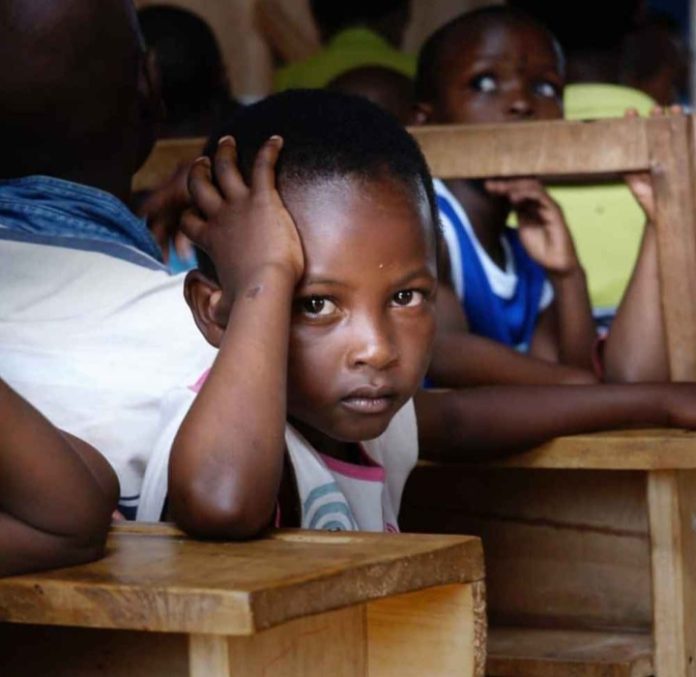The Day of the African Child, celebrated annually on June 16th, is a day of reflection and advocacy for the rights and well-being of children across the African continent.
This significant day commemorates the 1976 Soweto Uprising, where thousands of black schoolchildren in South Africa took to the streets to protest against the inferior quality of their education and to demand their right to be taught in their own language.
The peaceful protest turned tragic when hundreds of young students were brutally killed by the apartheid regime.
The Soweto Uprising was a pivotal moment in the struggle against apartheid and highlighted the courage and resilience of African children.
The Day of the African Child was established by the Organization of African Unity (now the African Union) in 1991 to honor the memory of those who participated in the Soweto Uprising and to recognize the ongoing struggles faced by African children.
Despite progress in some areas, many African children continue to face significant challenges, including limited access to quality education, child labor, early marriage, and inadequate healthcare. These issues are further compounded by poverty, political instability, and social inequalities.
The Day of the African Child serves as a reminder of the urgent need to address these challenges and to promote the rights and well-being of all children in Africa.
The Day of the African Child is marked by a specific theme that focuses on a particular issue affecting African children. In 2024, the theme is “Education for all children in Africa: the time is now.”
This year, AbibiNsroma Foundation emphasizes the need to eliminate practices such as child marriage, female genital mutilation, and child labor, which continue to hinder the development and well-being of children across the continent.
AbibiNsroma Foundation is drawing the attention of Governments, non-governmental organizations, and communities to take concrete actions to protect and promote the rights of African children.
This includes implementing and enforcing laws and policies that safeguard children’s rights, increasing investment in education and healthcare, and raising awareness about the harmful effects of certain cultural practices.
The Day of the African Child is also an opportunity to celebrate the achievements and potential of African children.
By providing them with the necessary tools and opportunities, we can empower the next generation to become leaders and change-makers who will shape a brighter future for Africa.
This involves not only addressing immediate needs but also creating an environment where children can thrive and reach their full potential.
As we commemorate the Day of the African Child, AbibiNsroma encourages us to honor the memory of those who fought for their rights and continue to advocate for the rights and well-being of all African children.
By working together, we can create a future where every child in Africa has the opportunity to grow, learn, and succeed.











































